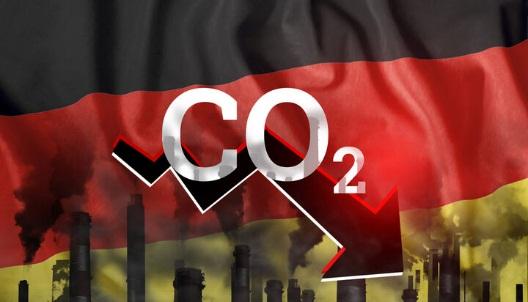Achieve Carbon Neutral Goal : German Bank of KfW released the latest research results, which showed that Germany needs to invest 5 trillion euros in order to achieve the goal of ” carbon neutrality ” by 2045 .
KfW Bank commissioned three research institutes to conduct research achieve Carbon Neutral Goal, Chief economist Kohler Geb said: “This is undoubtedly a huge investment, but it is feasible. In order to successfully win the challenge, public investment must be used in a targeted manner. Funds must also be mobilized for private investment.”
The results of the study show that achieving climate goals requires extensive transformation of all economic sectors, from transportation to industry to private households.
At the same time, huge investments also provide opportunities to improve Germany competitiveness, such as the development of new technologies. In the long run, this can strengthen Germany export-oriented business position.
The study also pointed out that only by cutting subsidies for climate-damaging projects, Germany can pay for two-thirds of the additional investment required, which clearly shows that to achieve Carbon Neutral Goal, it is not necessary to mobilize at all. Additional capital, but to always align political actions with investment activities.

According to research and analysis, the largest investment required in the field of transportation is 2.1 trillion euros. However, this can also solve the long-standing reinvestment problem in this field.
Therefore, the actual additional investment is less than 153 billion euros. The energy sector requires the second highest investment, at 840 billion euros.
The investment required by private households is approximately 636 billion euros, of which approximately 254 billion euros are additional investments, especially in climate-friendly housing.
The industrial sector needs 620 billion euros, of which 462 billion euros are additional investment, because production technology needs to be converted into a climate-friendly way through huge efforts.
The investment required in the fields of commerce, trade and services is relatively low, about 237 billion euros, of which about 113 billion euros are additional investments. The EU hopes to achieve “carbon neutrality” by 2050, while Germany has set itself a goal of 2045.

